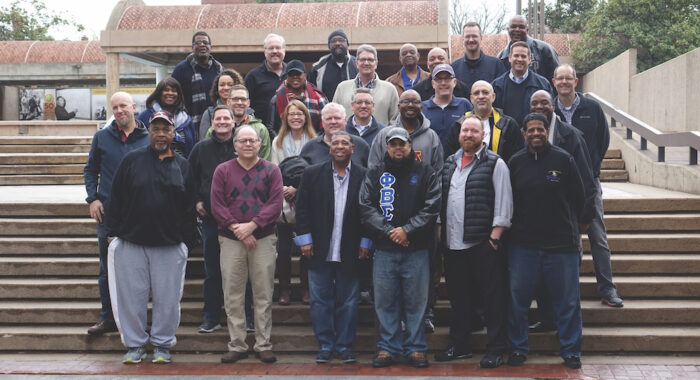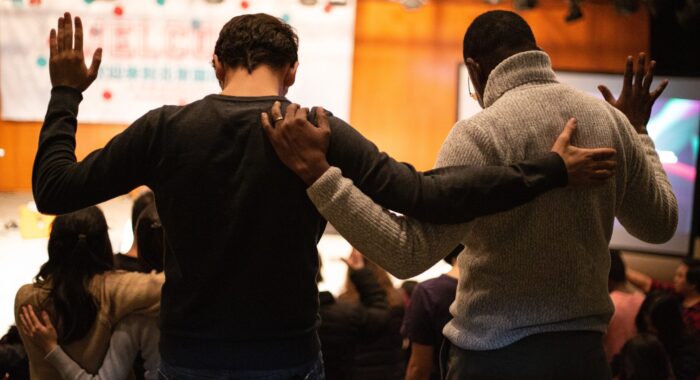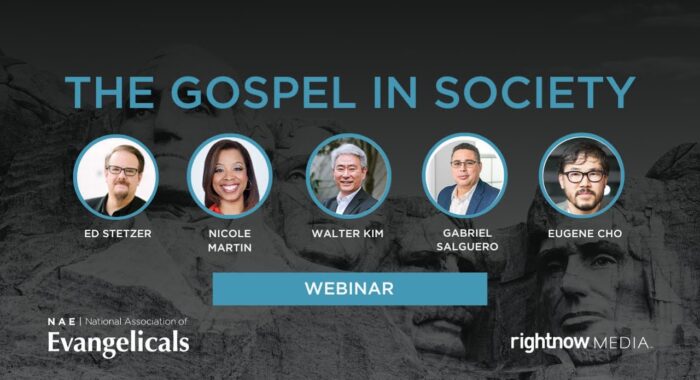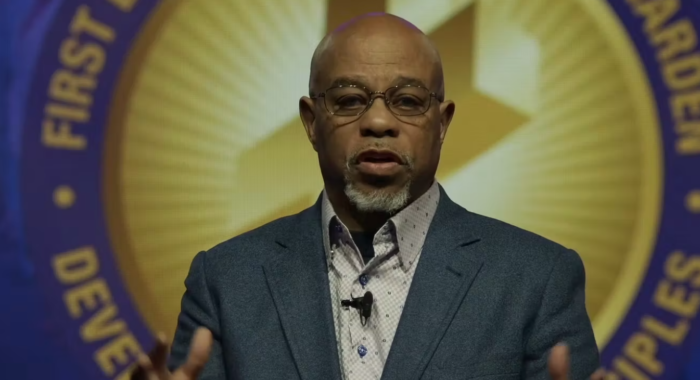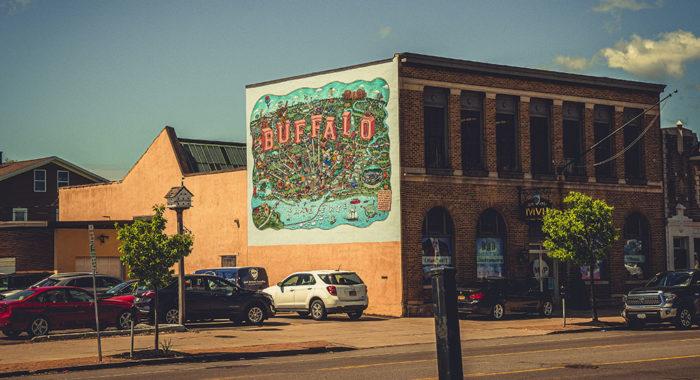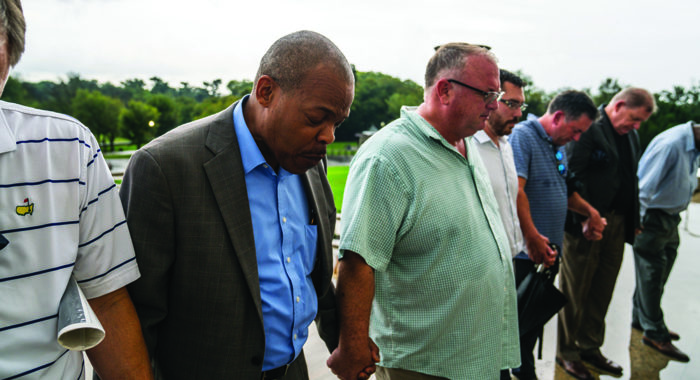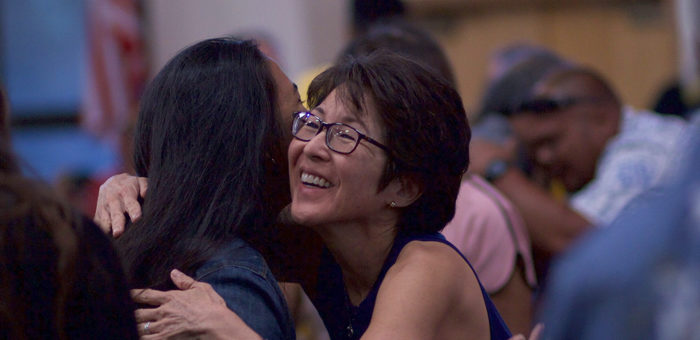The question shows a pendulum swing — like so much of evangelicalism — into the trend that is happening today. The homogeneous principle of church planting — once the norm — is out of favor. Homogeneity is out and multi-ethnic is in. And there’s good reason for this.
Let’s examine our Lord’s Great Commission. In the midst of an impromptu worship service, Jesus calls his Jewish disciples to go — or more literally “as you are going” — and make disciples of all nations (Matthew 28:16-20). He is speaking to all Jews, and the “nations” are the ethnic groups of the world (i.e., the hated Gentiles). From the word “go,” the Lord of glory was calling his people to cross-cultural ministry — including among people who would be hostile to them and against whom his people had great prejudice. Sounds like a Jonah moment to me.
(Jonah was given a short-term mission trip that he tried his best to bail on. But when God is determined to save, nothing will stand in his way — not even reluctant messengers. More on that later.)
The disciples were not told to merely evangelize cross-culturally, they were commissioned (as are we) to make disciples cross-culturally. How are disciples made? Disciples are only made — by our Lord’s example — by establishing long-term relationships with those to whom you are ministering. When someone is converted to Christ by the Holy Spirit, his people are then to welcome such into the church where they will be baptized and lovingly taught to observe all that the Lord has commanded.
This says to us, that our Lord Jesus who gave us a cross-cultural Great Commission also meant for us to have multi-ethnic churches in which these disciples could grow. The multi-ethnic church trend these days is only a return to what should have always been the norm.
In order for Jesus’ mission to succeed, he promised two realities to ensure our success. He promised his presence. “And behold, I am with you always, to the end of the age” (Matthew 28:20). And he promised power. “But you will receive power when the Holy Spirit has come upon you, and you will be my witnesses in Jerusalem [where Christ was executed], Judea, and Samaria [whom his disciples were prejudiced against], and to the ends of the earth [including to the Romans whom they hated and feared]” (Acts 1:8).
This power, which resides in us, is the power that raised Christ from the dead (Ephesians 1:19-20, 3:20). This power of the Spirit makes us witnesses with our lips and our lives. And this power breaks down walls that separate people and grants them grace to hear the gospel and come to Christ.
God’s Reluctant People
Returning to the idea of God’s reluctant people — in spite of Christ’s command, presence and power, the first disciples — including the Apostles — did not move out of Jerusalem. They were experiencing fruitful ministry among their fellow Jews (Acts 2-7).
I don’t know what they were thinking, but if they were anything like us: 1. It never crossed their minds, because the numbers were growing. 2. If they thought of the rest of the mission at all, they assumed God would do it in his time. Surely, someone will get a burden for them. 3. Or they just thought it was going to be too hard or too costly.
So God used hardship (Jonah’s submarine ride and Jewish persecution) to move his people out of their comfort zone into his mission. God will succeed, and he did succeed. Paul saw the great barrier between Jew and Gentile brought down by the gospel (Ephesians 2:11-22).
If that barrier can be breached by the power of the gospel, how much more can our barriers of African American and white and Asian and Hispanic, etc.?
God has a vision of what he is going to achieve:
After this I looked, and behold, a great multitude that no one could number, from every nation, from all tribes and peoples and languages, standing before the throne and before the Lamb, clothed in white robes, with palm branches in their hands, and crying out with a loud voice, “Salvation belongs to our God who sits on the throne, and to the Lamb! … ” These are the ones coming out of the great tribulation. They have washed their robes and made them white in the blood of the Lamb (Revelation 7:9-10).
This vision is meant to give us courage in the face of great difficulty. It’s meant to inspire us to seek his lost sheep — no matter what their culture or language or socio-economic standing is. Seek them, for our God will have them. He has promised them to his son. Our mission cannot fail!
The Reasons for Monocultural Churches
If this is God’s vision, why is having a multi-ethnic church in America so difficult? There is a long history, and sadly it was the sin of white Christians in America that made monocultural churches a necessity. But, where do we go from here?
I am of the persuasion that a church should reflect the community in which it resides. If the community is made up of all African Americans, then it should not be looked upon as a failure for only being made up of African Americans. Some towns and communities are and will remain mono-ethnic/cultural for various reasons.
Language may necessitate planting congregations of one particular ethnic group as well. One of the largest churches in the Presbyterian Church in America, the denomination to which I belong, is Sa-Rang Community Church in Anaheim, California. The vast majority of its members are of Asian heritage, and they have services in Korean and English.
The historical, cultural and kingdom impact of such churches cannot be denied, and a spirit of guilt should be rejected.
With that said, I’m afraid that much of our problem is that we refuse to suffer — or even be uncomfortable — for Christ and his kingdom. It is just easier to move our congregations to greener pastures when the neighborhood changes ethnically or socio-economically.
And we don’t want to have to change anything to reach people. We want the nations to become like us (or become like the people in our church). We worship our cultural way of doing things — the music we choose, personal expressiveness in worship, leadership styles — and sadly, we call it biblical.
An Excellent Model
Paul can be a great example here. He knew he was a Jew but in order to reach people with the gospel, Paul didn’t lead with his ethnicity or culture. He was a good missionary and adapted himself to the people he was trying to reach. He related as a Jew to Jews, as outside the Law to those outside the Law, as weak to those who were weak. This is the work of missions on the local level.
Are we willing to make being African American or white or Asian secondary (not nonexistent) to being Christian and winning the lost? Are we willing to see the image of God in all people and to respect and celebrate that image — though fallen — and bring people the gospel in a way that is relevant to who they are for the sake of the gospel? May Paul’s motivation guide us: “I have become all things to all people, that by all means I might save some. I do it all for the sake of the gospel, that I may share with them in its blessings” (1 Corinthians 9:22b-23).
Being a church that reaches a diverse community intentionally requires a long obedience in the same direction. We must believe in the power of the Spirit who has been given to us for the purpose of reaching the nations — including, in the case of America, the nations that have come to us.
Are multi-ethnic churches the only way? No. But such churches demonstrate the reconciling love of Christ that displays the marvelous multifaceted image of God to a divided world in a way that monocultural churches cannot. While monocultural churches will continue to exist for various reasons, no church should be exclusionary.
Multicultural churches point to the grand picture promised in Revelation of people from every nation, tribe, people and language praising God together. This is special, and we should all find ways to reach across ethnic, racial, cultural and economic barriers.
This article originally appeared in Evangelicals magazine.
Kevin Smith is senior pastor of New City Fellowship, a cross-cultural church in Chattanooga, Tennessee. Previously he pastored at Pinelands Presbyterian Church in Miami, Florida, and Mt. Zion Covenant Church in Bowie, Maryland — a church he planted in 1998. He has served on the board of Covenant College and on presbytery committees for Reformed University Fellowship. Smith is a graduate of Temple University and Chesapeake Theological Seminary.




 View All Articles
View All Articles 

